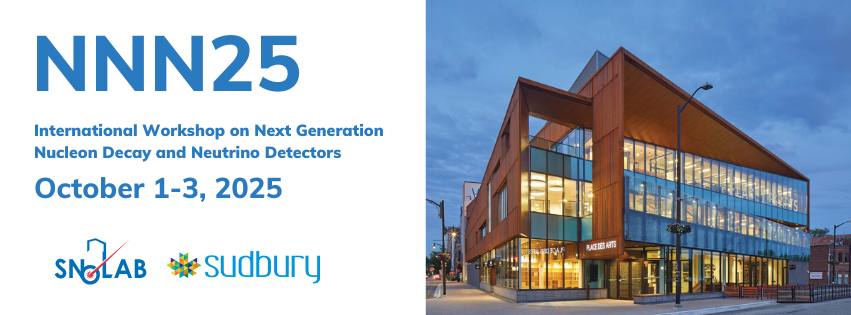Speaker
Description
The Deep Underground Neutrino Experiment (DUNE) is a future long baseline neutrino oscillation experiment that will use a powerful neutrino beam produced at Fermilab and two detectors: a near detector at Fermilab and a far detector, 1300 kilometers away, at the Sanford Underground Research Facility in South Dakota.
The DUNE experiment will feature a high-throughput, modular Data Acquisition (DAQ) system engineered to record a wide range of physics signals, including low-energy events like supernova burst and solar neutrinos. Due to their very large active volume, the far detectors at DUNE produce data volumes that exceed the available storage capacity by four orders of magnitude.
The DAQ plays a fundamental role in achieving a data reduction of this scale. A central element of this reduction is the Region of Interest (RoI) filter, which applies data rate limitations while preserving sensitivity to low-energy events below 10 MeV. By implementing zero suppression on detector signals and carefully tuning the readout window and threshold parameters, the RoI filter achieves data rate reductions exceeding 90%. Its performance has been thoroughly validated through LArsoft simulations using MARLEY-generated low-energy Monte Carlo events passed through the full detector simulation. In this talk, I will describe how the RoI filter significantly enhances DUNE’s data processing capabilities and scientific potential, allowing for detailed exploration of neutrino interactions at energies below 10 MeV.
| Submitter Name | Robert-Mihai Amarinei |
|---|---|
| Submitter Email | robert.mihai.amarinei@cern.ch |
| Submitter Institution | University of Toronto |

